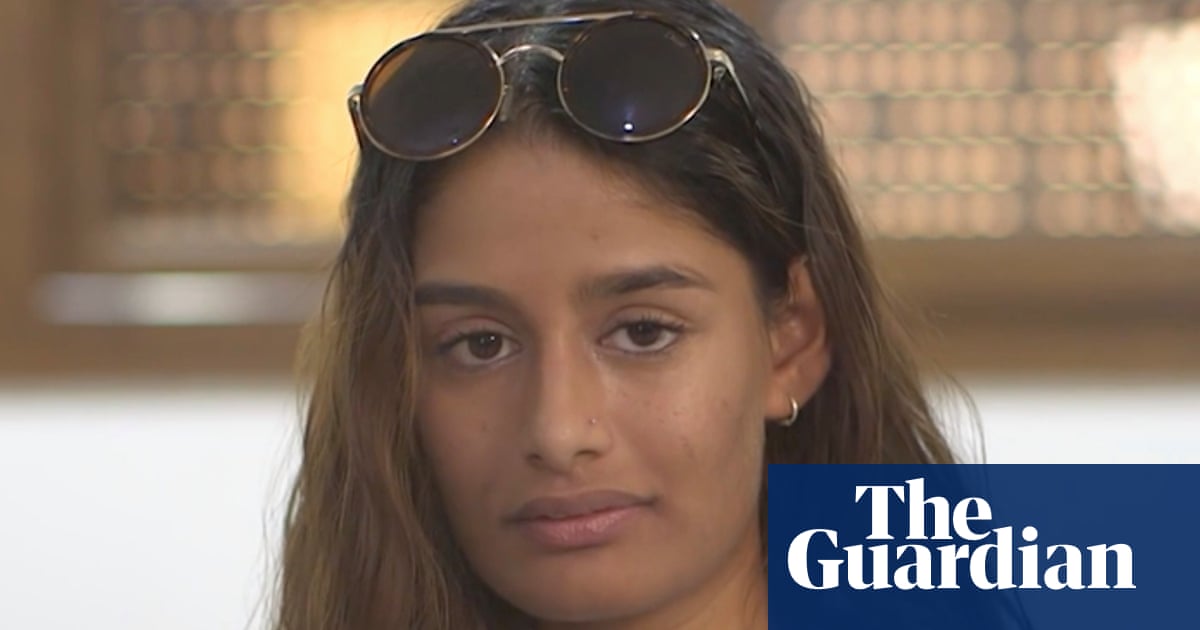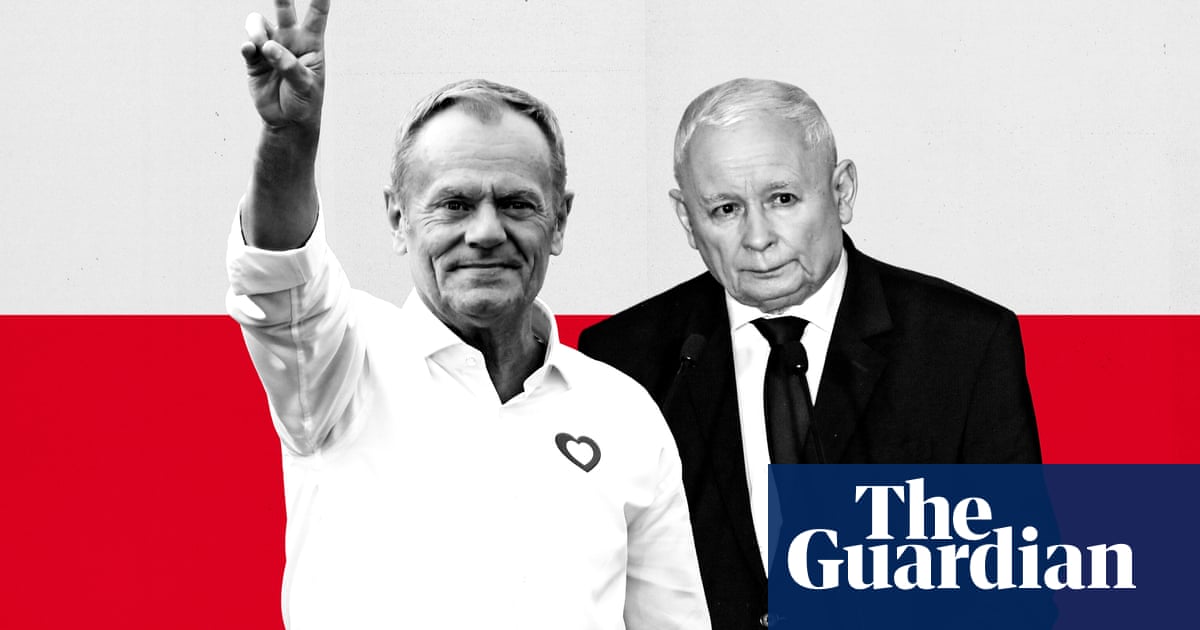
If someone asked you to identify yourself, to define who you are, how would you respond? We could start by stating our name and nationality, or we could define ourselves through our gender or occupation. The answers are many and varied, but they are also limiting.
By defining who we are, we categorize and classify ourselves. In other words, we label our reality. No doubt a necessity in our everyday contacts and relations, it has nonetheless become a difficult task in today’s world. Globalization has made our world, and thus our reality, borderless. And personal traits, characteristics, and thus identification in most cases have become common, collective and shared.
I am a Saudi, and I proudly identify with my fellow citizens. But I grew up abroad, spent my formative years in Europe, and had a British and American education. Am I any less Saudi? No. Do I relate to those I grew up with, and have those years affected me? Undoubtedly yes, and the effects have blended into the person I am today. It has created an identity that is atypical of those of my generation.
Today, as more young Saudis travel abroad for an education, holidays or to live, this atypicality is becoming standardized for reasons we can understand. This is fine because we still know who we are, what our history is, what our faith represents, and the values by which we live. The problem arises when identities disappear due to unforeseen circumstances.
An example is the sad fate of displaced Syrians seeking asylum in countries that have their own distinct identity. The same applies to any refugee searching for solace, not in a neighboring country where history, values, language and beliefs are similar. If integration takes place after a period of adjustment, it means acceptance by the host country. In these cases, identities adapt, blend and change.
We have seen this phenomenon in other situations, when Italians and Irish made the US their home, when Indians and Pakistanis moved to England, and when the first generations of North Africans emigrated to France. The following generations automatically became citizens of these countries, and today they are American, British or French. What has become of their real identity?
The creation of a borderless EU has added a new level to the issue, and the question becomes: Is your identity European or that of any of the EU’s member states? I wonder what identity means today. Who are we, and who are we becoming?
• Hoda Al-Helaissi has been a member of the Shoura Council since 2013 and is a member of its Foreign Affairs Committee.












